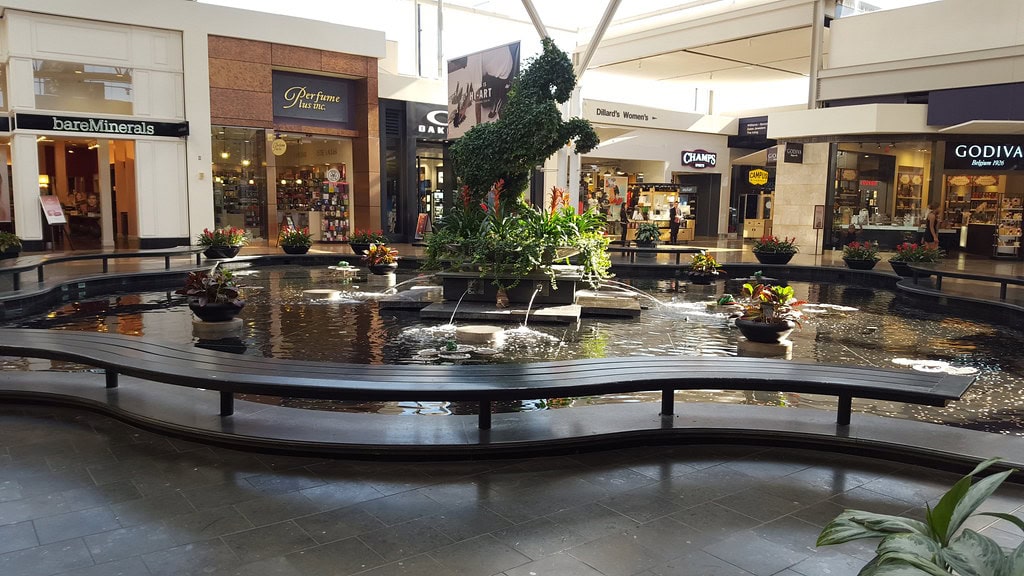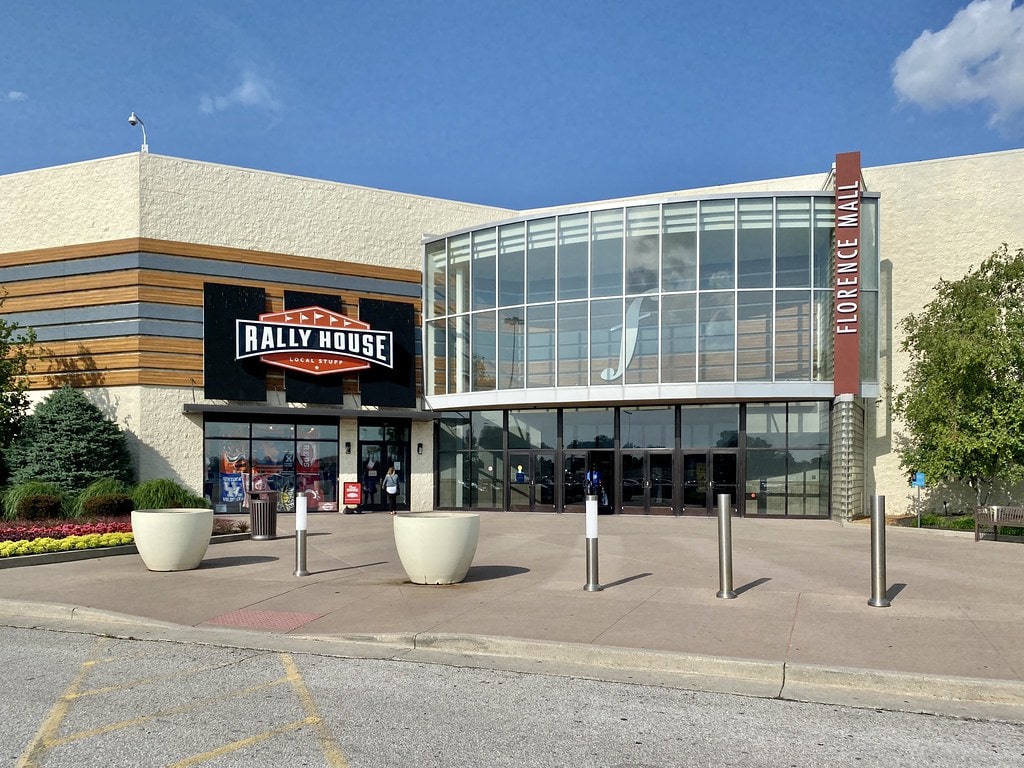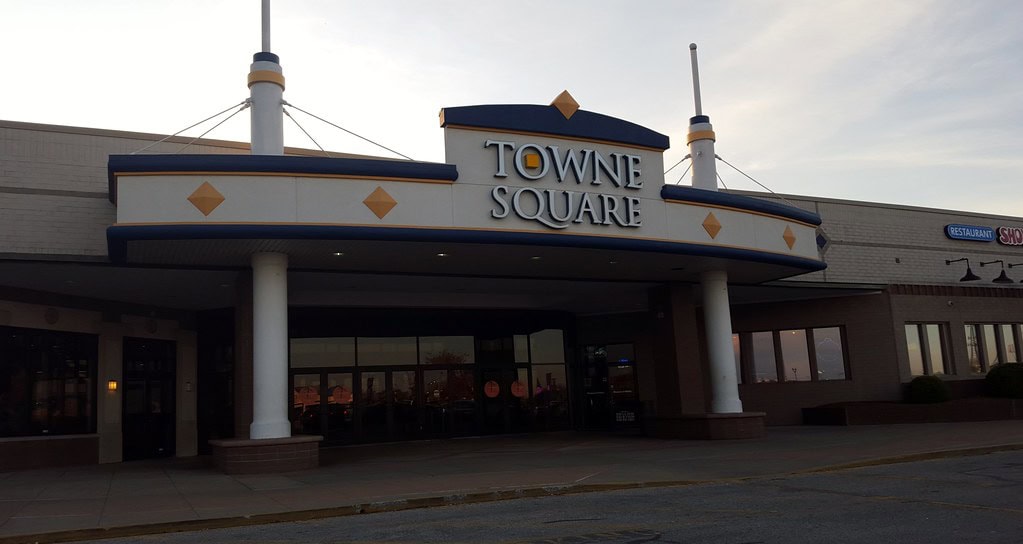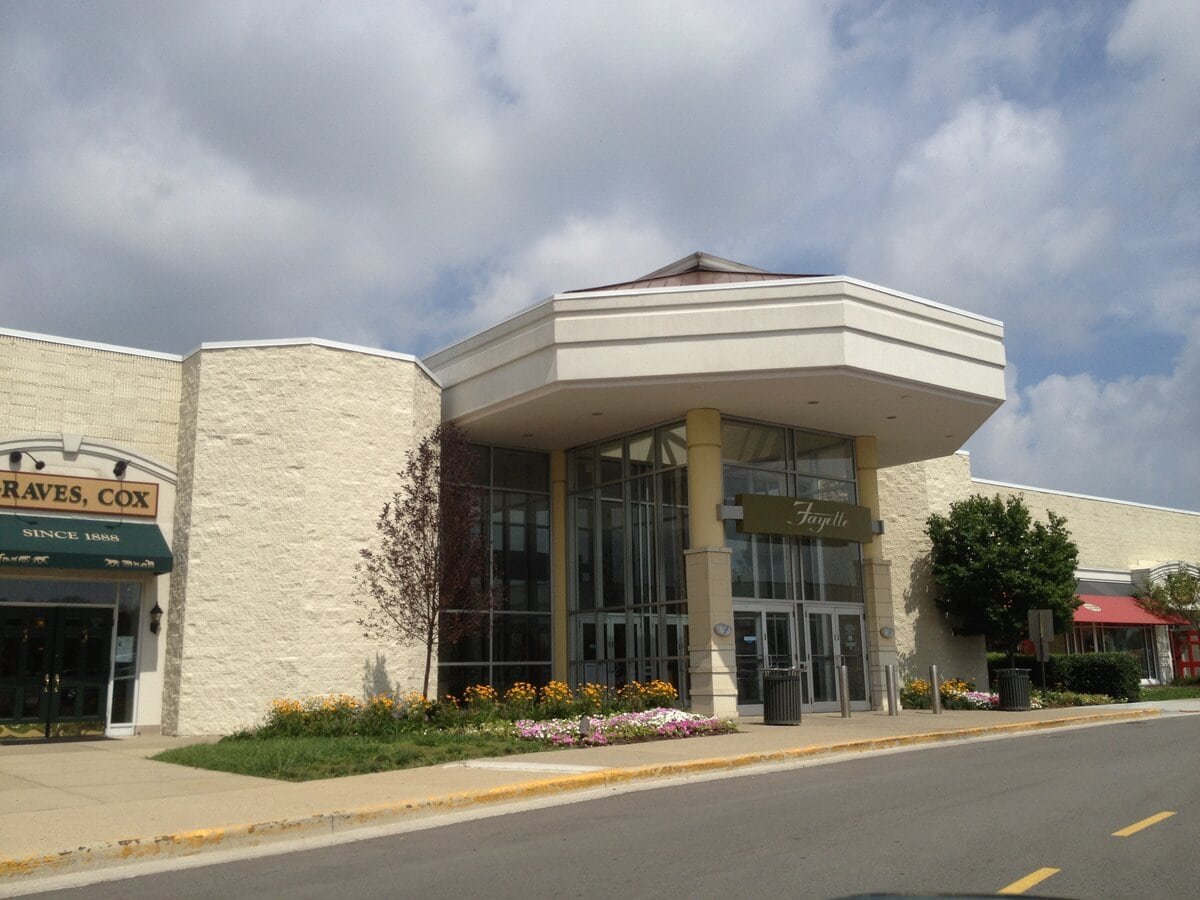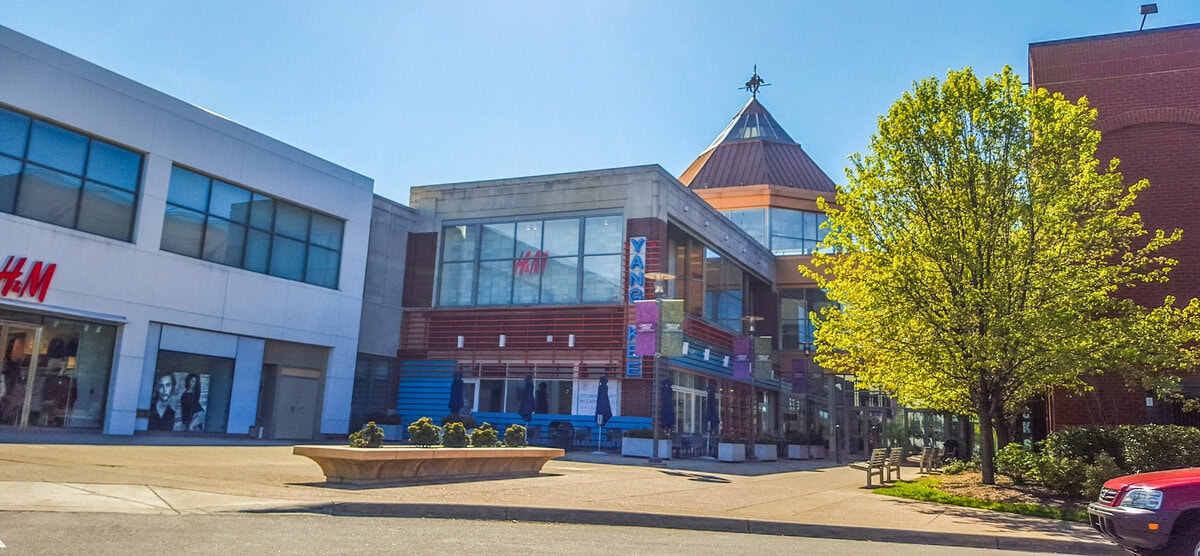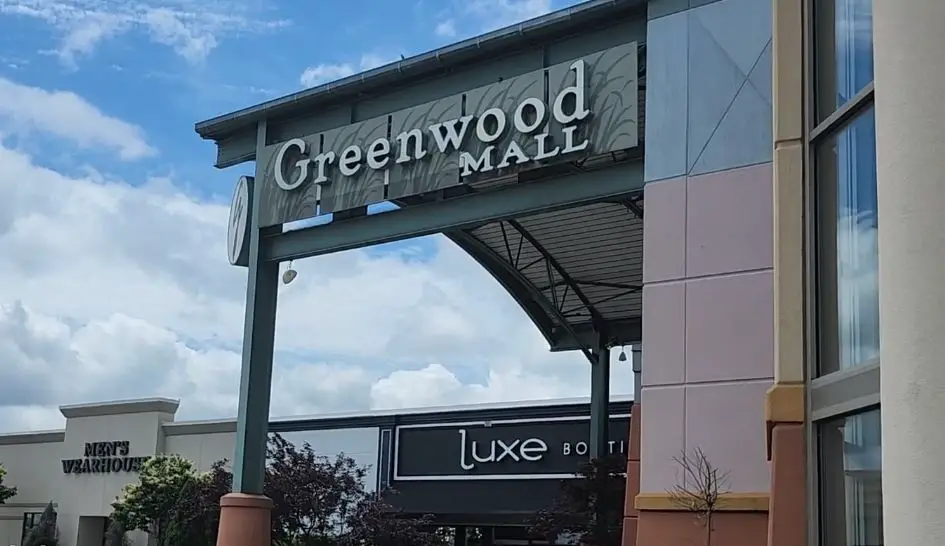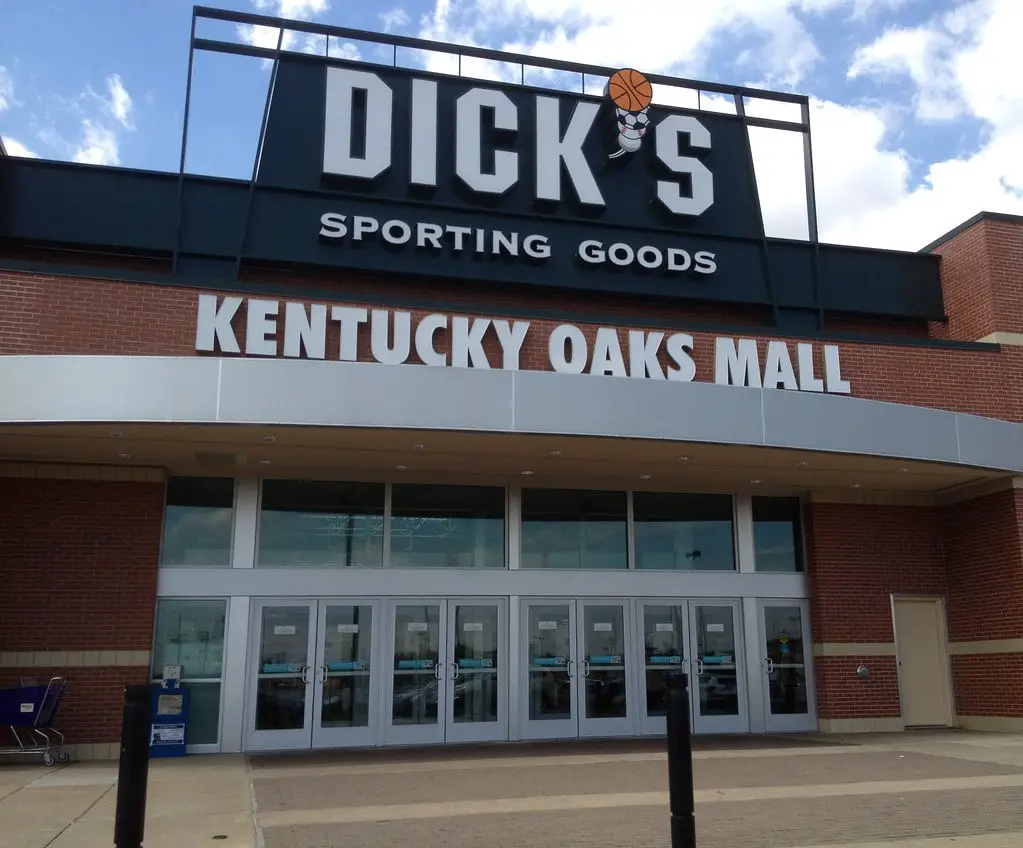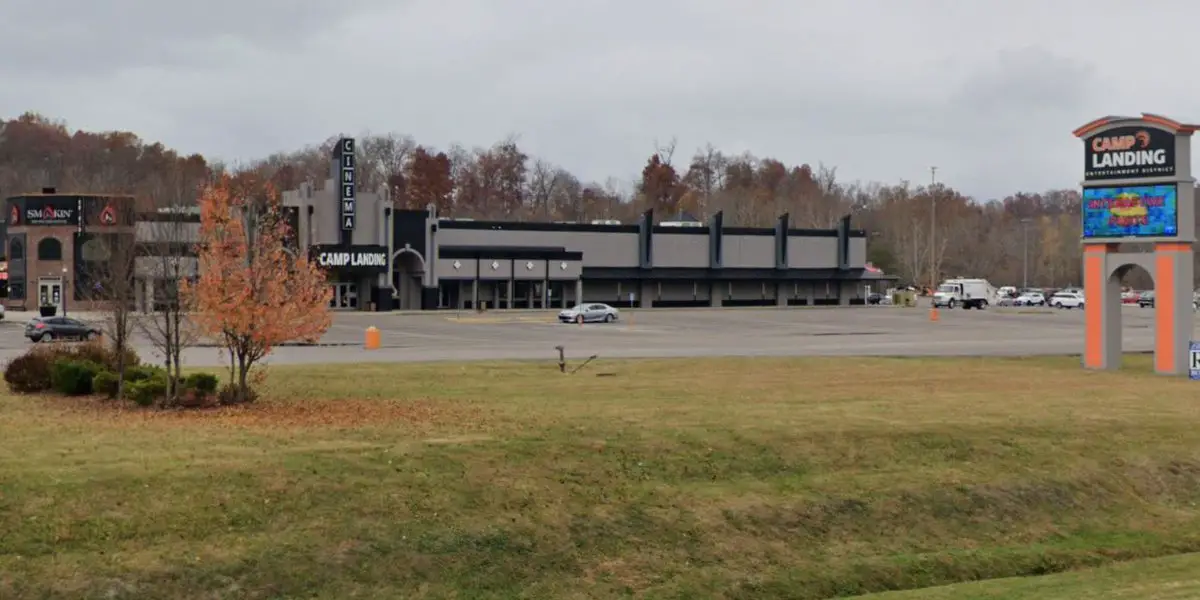Origins and Establishment
Middlesboro Mall, located on U.S. Route 25E in Middlesboro, Kentucky, has roots that stretch back to a period of growth along the highway in the late 1960s. This stretch became a magnet for businesses, laying the groundwork for what would eventually house the mall. By October 1983, the doors of Middlesboro Mall officially opened, offering locals a new and centralized shopping destination.
At its launch, the mall featured anchor stores like Belk, JCPenney, and Kmart. These well-known names were joined by a variety of specialty shops that quickly drew in customers from across the region.
The developers behind this venture, David Hocker and Associates, envisioned the mall as a key retail hub for eastern Kentucky and even parts of nearby Tennessee.
This new shopping center wasn't just about convenience - it aimed to be the heartbeat of retail for a wide area. Middlesboro Mall became a place where people could shop, relax, and gather under one roof.
It offered plenty of things to do in Middlesboro, Kentucky, making it an essential stop for those living in rural communities nearby.
Expansion and Changes in Anchor Stores
Middlesboro Mall grew and adapted in its early years, especially with the arrival of new stores that brought variety and foot traffic.
In June 1987, Sears joined the mall lineup with a 16,500-square-foot store. Just two years later, in 1989, the store expanded by adding 5,300 square feet to accommodate increasing customer demand.
However, not every anchor store had the same longevity. Kmart, one of the mall's original anchors, shut its doors on June 1, 2002. The space didn't stay empty for long - Steve & Barry's opened there in 2006.
Unfortunately, the 2008 economic downturn led to the retailer's bankruptcy, and by 2009, the store was gone. In 2010, Roses moved into the same location, filling the vacancy and keeping the mall vibrant.
Sears, which had been a strong presence in the mall since the late '80s, closed its store inside the mall in November 2012. Instead, it relocated to a new store north of the mall along U.S. Route 25E.
These shifts in anchor stores were part of the mall's efforts to adapt to changes in the retail industry and consumer needs.
Ownership Transitions and Revitalization Efforts
Middlesboro Mall's ownership has shifted over the years, influencing its strategy and appeal. In 2004, Ershig Properties, a company based in Henderson, Kentucky, acquired the mall.
They worked to maintain the mall's standing as a retail hub for the area. Their tenure included welcoming Roses and handling the challenges brought by changing retail trends.
In August 2019, Monroe Realty Group LLC purchased the mall, marking a new chapter in its story. The group aimed to reinvigorate the space, attract fresh tenants, and strengthen its ties to the local economy.
This leadership transition brought fresh energy, including promoting longtime office manager Carolyn Widner to the role of mall manager. With her years of experience, she helped navigate the mall's future direction.
Through these changes, Middlesboro Mall has continuously adapted its tenant mix and operations. This includes replacing longtime anchors like Kmart and Sears while introducing new retailers to sustain its role as a shopping destination in the region.

Community Engagement and Literacy Initiatives
Middlesboro Mall has long been more than a shopping center. Over the years, it has embraced its role as a gathering place for residents, hosting events and programs that go beyond retail.
One of its standout efforts began in the early 1990s when the mall opened its doors for adult literacy classes. This initiative, highlighted in a 1993 academic paper, showed how malls can serve as public spaces for the communities they serve.
The Children's Reading Foundation of Appalachia-KY has also partnered with the mall for various programs. Events like Read Across America, Malloween, Books with Santa, and back-to-school fashion shows have made the mall a hub for family-friendly activities.
These programs aim to promote literacy and community involvement while providing a space for fun and learning.
In 2013, mall management took its commitment a step further by donating space to house the offices of The Children's Reading Foundation.
This decision underlined the mall's investment in supporting education and local initiatives. Events hosted by the foundation continue to attract families, adding a sense of vibrancy to the mall.
Middlesboro Mall: Recent Developments
The last few years have brought changes to Middlesboro Mall as it continues to adapt to shifting retail trends. On June 4, 2020, JCPenney announced that its Middlesboro location would close.
This was part of the company's larger plan to shutter 154 stores across the country. Losing an anchor store presented challenges, but the mall soon made plans to fill the vacant space.
In January 2024, Hobby Lobby confirmed it would be moving into the former JCPenney location. By May 10, 2024, the arts-and-crafts retailer had officially opened, bringing a new shopping option to the area. This addition provided a boost to the mall's anchor lineup and drew in fresh foot traffic.
Today, the mall houses a mix of retailers and services, including anchors like Belk, Roses, Golden Ticket Cinemas, and Hobby Lobby.
With over 20 stores, it continues to offer a blend of shopping and entertainment options for the community. These updates reflect the mall's efforts to remain relevant and appealing to shoppers.

